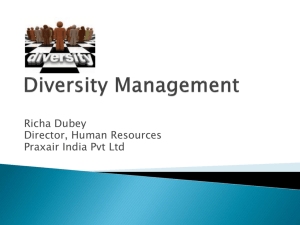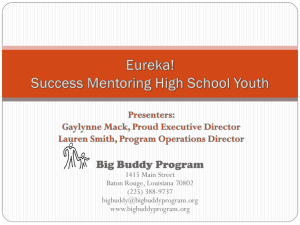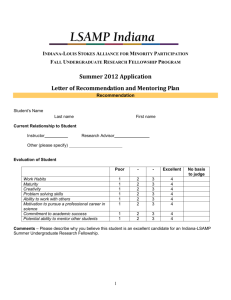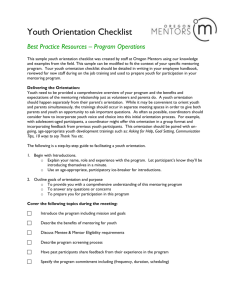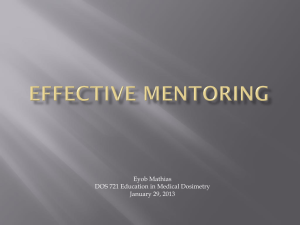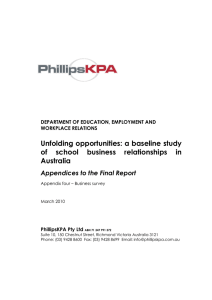What Matters to Millennials
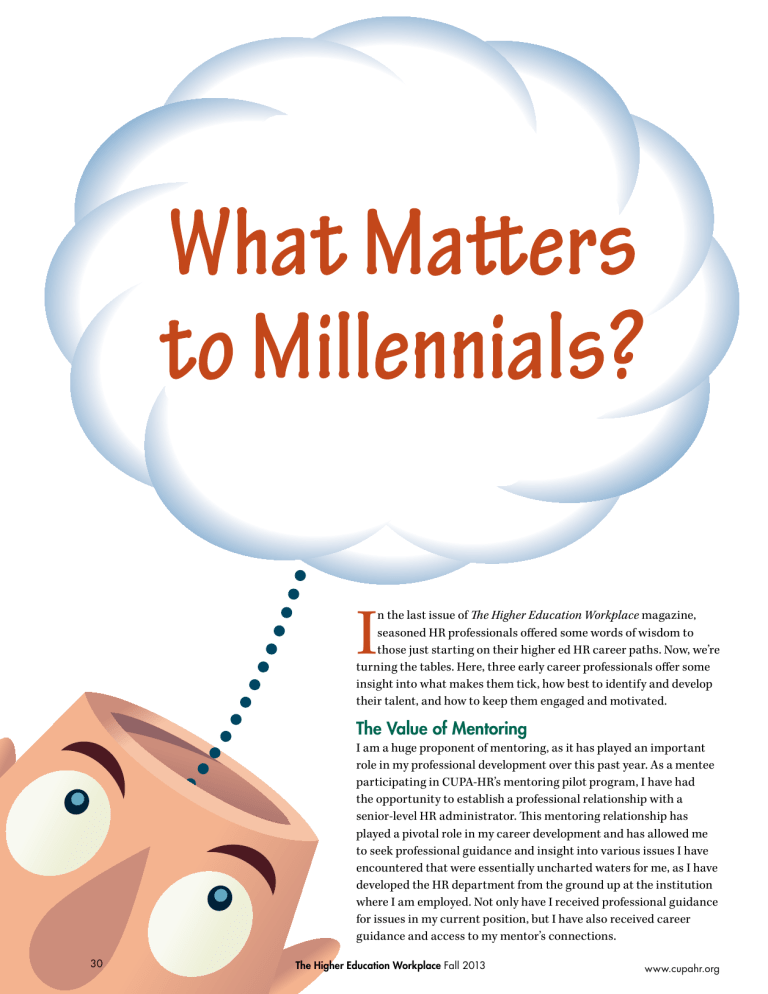
30
I n the last issue of The Higher Education Workplace magazine, seasoned HR professionals offered some words of wisdom to those just starting on their higher ed HR career paths. Now, we’re turning the tables. Here, three early career professionals offer some insight into what makes them tick, how best to identify and develop their talent, and how to keep them engaged and motivated.
The Value of Mentoring
I am a huge proponent of mentoring, as it has played an important role in my professional development over this past year. As a mentee participating in CUPA-HR’s mentoring pilot program, I have had the opportunity to establish a professional relationship with a senior-level HR administrator. This mentoring relationship has played a pivotal role in my career development and has allowed me to seek professional guidance and insight into various issues I have encountered that were essentially uncharted waters for me, as I have developed the HR department from the ground up at the institution where I am employed. Not only have I received professional guidance for issues in my current position, but I have also received career guidance and access to my mentor’s connections.
The Higher Education Workplace Fall 2013 www.cupahr.org
Having the opportunity to work with a mentor has been a valuable experience for me, and it is a professional relationship that I hope will continue in the years to come. I would strongly encourage those organizations that don’t already have a mentoring program to consider implementing one. It’s a simple, inexpensive way to invest in and engage young and entry-level practitioners while also serving to bridge the gap between senior-level administrators and those who wish to someday fill those roles. – Megan Mentzel, human resources and career services coordinator, Mitchell Technical Institute
Opportunities for Growth, Career
Planning and Leadership Development
Being given opportunities is crucial for the success of young professionals. Opportunities motivate us.
Opportunities allow us to develop and strengthen our skills, which in turn enables us to provide more value to the organizations for which we work. Organizations should capitalize on the energy of their young professionals.
Give us projects. (Many of us graduated college within the past five years. College is full of projects. In fact, workplace projects may help us transition more easily from the educational realm to the professional realm.)
Giving us projects affords us an opportunity to learn about the organization, how it works, and why it works the way it does, while at the same time identifying new and potentially more effective ways to do business. Allowing us to tackle special projects is beneficial for senior professionals because rather than having to focus energy on teaching us the ins and outs of the organization, they can coach us while we are learning for ourselves. Leading a project is beneficial for us as young professionals because it affords us an opportunity to develop and enhance our skills.
I would also stress the importance of career planning and leadership development opportunities for today’s young professionals. Career planning is critical, as it assists us in identifying benchmarks for our career development.
Benchmarks permit us to work toward reaching attainable objectives and afford us the opportunity to grow and make and learn from our mistakes. To this end, organizations should strive to find ways to facilitate career planning and development for their young professionals. Along these same lines, today’s young practitioners also value leadership development. Effective leadership skills cannot be learned simply by attending training sessions or leadership academy classes. We must observe and emulate leadership in action; therefore, senior leaders and longtime practitioners must make themselves available and approachable and must be willing to form a personal and professional bond with the young professionals in their charge. – Jenny Grieve, labor coordinator, University of
Alaska System
Engage Us Differently
Motivating, engaging and retaining employees will never cease to be a principle management objective.
Organizations typically have a one-size-fits-all engagement policy, without much consideration for the different generations of employees. Managers have become accustomed to using certain practices to engage their workforce and are going to have to adapt these practices if they hope to engage and retain their young professionals. Millennials have a drastically different outlook than the other generations on what we expect from our employment experience. We desire an identity that we can feel proud of. We have high expectations for ourselves and seek challenges, yet work/life balance is of the utmost importance. We value flexible working hours, a commitment to wellness, workplace diversity and opportunities for professional development. We prefer to work in teams rather than silos. Our need for social interaction and immediate results in our work and our desire for speedy advancement may be seen as weaknesses by other generations. However, it is important to realize that we have grown up in a time where information has become available instantly.
We want to work on new and tough problems — ones that require creative solutions. I began my career in human resources in 2006 as an HR assistant. I had internal struggles in my role because I wanted the opportunity to act on more of my ideas. I wanted to feel included.
More importantly, I wanted a mentor and someone who would listen. Thankfully I found a great mentor and role model who was invaluable in supporting my personal and professional development. Our frequent exchanges of information were broader and deeper than just a knowledge transfer or skills development exercise. I was provided a “helicopter view” and was able to learn the organization from the inside out, and this made all the difference. – Andrew Lenhardt, assistant director of human resources, Southern Illinois University
Edwardsville www.cupahr.org
The Higher Education Workplace Fall 2013 31



